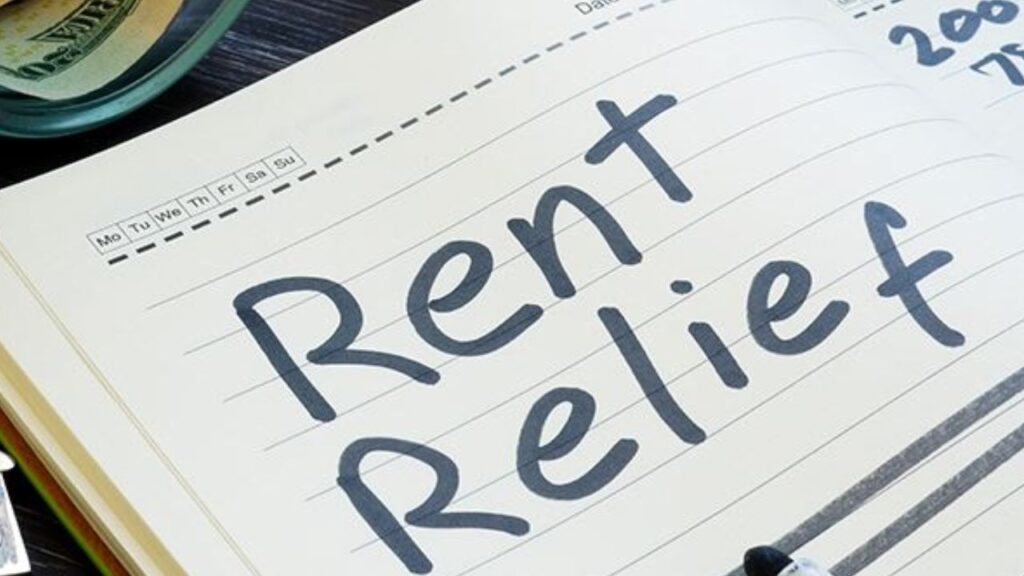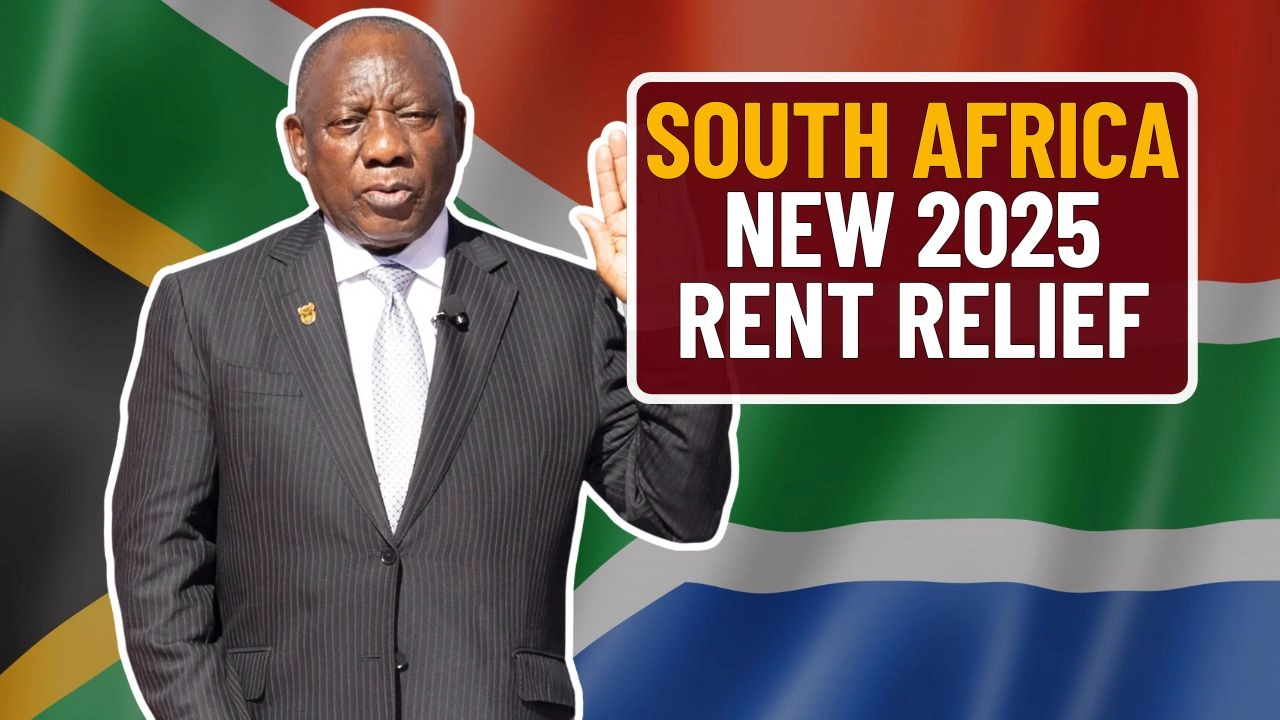In response to the growing affordability crisis affecting tenants nationwide, the South African government has rolled out the Rent Relief Programme 2025. Introduced in May, this initiative is designed to offer temporary support to low- and middle-income renters struggling to cope with rent hikes driven by inflation, a tight housing market, and sluggish wage growth. The programme aims to reduce eviction risks, ease the burden of rental debt, and promote housing stability across the country’s most vulnerable urban populations.
Eligibility Defined: Who Can Access the New Housing Support?
The 2025 rental relief programme is built on principles of accessibility and fairness. To qualify, applicants must be either South African citizens or permanent residents who lease residential properties and are currently facing financial difficulty. Specific criteria include a monthly household income that does not exceed R15,000, alongside documented proof of income reduction or job loss since January 2024. Applicants must not own any property or be beneficiaries of other housing assistance schemes. To support the application, individuals are required to present a valid lease, proof of income status, and a landlord-issued statement outlining any existing rent arrears. These submissions will undergo verification via government databases, such as SARS and UIF, to maintain accuracy and prevent duplication.
Structure and Scope of Rental Assistance
The relief provided under this scheme is calibrated according to income brackets and family needs. Tenants may receive support covering up to 60% of their rent, capped at a maximum of R4,000 per month. This subsidy is intended to last for up to six months, depending on the applicant’s financial circumstances. The disbursed funds go directly to the landlord, which ensures both accountability and ongoing tenancy. Households earning up to R5,000 may receive the full R4,000 monthly benefit for six months, while those in higher brackets will receive reduced support over a shorter period. In cases of eviction threats, the programme also offers mediation services and access to free legal support through affiliated legal clinics.
Application Pathways and Timelines for Tenants
Tenants can initiate their application through the Department of Human Settlements’ official website or by visiting local municipal offices and approved community hubs. The process begins with account registration, followed by submission of necessary documents and completion of a financial assessment. Applicants are then advised to await confirmation, which typically arrives within ten working days via SMS or email. Successful applicants will receive regular updates and are expected to report any changes to their income. In exceptional situations, extensions to the support period may be approved, subject to the submission of additional evidence.
Contextual Pressures Behind the Government’s Decision

The backdrop to this initiative is a sharp escalation in rental prices that has been especially pronounced in urban centres like Johannesburg, Durban, and Cape Town, where year-on-year increases have ranged between 12% and 15%. While living costs have surged, household earnings for many have remained flat or declined, creating a financial squeeze for working-class tenants. The Rent Relief Programme 2025 forms part of a wider national recovery framework that also encompasses employment initiatives and expanded welfare access. According to Minister Thandiwe Mahlangu of Human Settlements, the goal is to preserve community integrity and prevent a wave of forced evictions that could destabilize entire neighborhoods.
How the Relief Impacts Landlord-Tenant Dynamics
Beyond providing monetary support to tenants, the programme fosters improved relationships between landlords and renters. By channeling payments directly to property owners and offering legal mediation in cases of conflict, the initiative seeks to build trust and ensure peaceful resolution of rental disputes. This approach addresses a critical tension in the housing sector, where landlords often face mounting defaults while tenants fear displacement.
Integrated Strategy for Broader Social Recovery
The rental relief scheme does not stand alone; it is a key element of South Africa’s ongoing economic recovery blueprint. Alongside efforts to generate employment and mitigate food and fuel price shocks, the government recognizes secure housing as a foundation for personal and economic resilience. By focusing on tenants who are most at risk of housing insecurity, this programme aligns with national goals of reducing inequality and fostering inclusive growth.
Closing Perspective: A Step Toward Stability
The introduction of the Rent Relief Programme 2025 marks a significant effort to shield vulnerable households from the immediate threat of losing their homes. With its clear structure, fair eligibility requirements, and streamlined access procedures, the initiative offers a timely intervention for those navigating financial distress. As demand evolves and budget allocations are reassessed, the scope of the programme may be adjusted to meet emerging needs. For South African tenants facing uncertainty, this relief is more than just temporary it represents a crucial stepping stone toward regaining stability and dignity.


